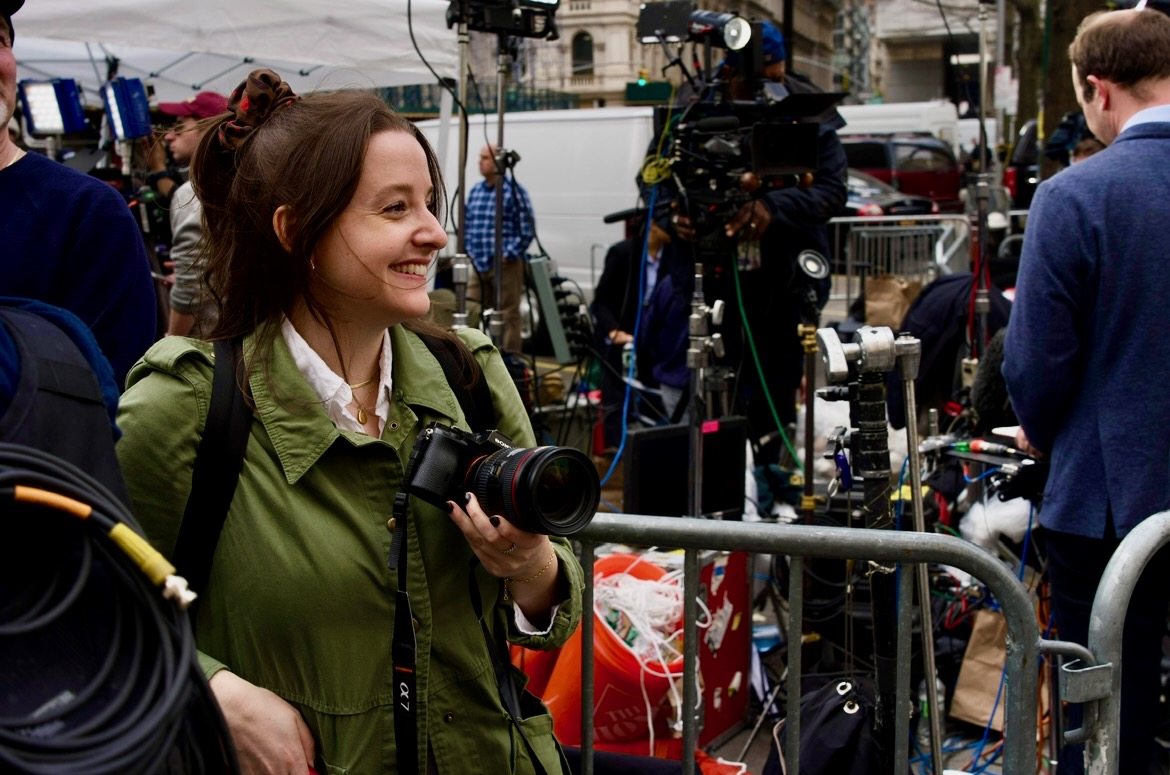Alright – so today we’ve got the honor of introducing you to Julia Saqui. We think you’ll enjoy our conversation, we’ve shared it below.
Julia, thanks for taking the time to share your stories with us today How did you learn to do what you do? Knowing what you know now, what could you have done to speed up your learning process? What skills do you think were most essential? What obstacles stood in the way of learning more?
I learnt the skills on the job, and I think people forget that that is the case for most jobs. When hiring its important to remember you’re looking for the type of person who could take the role and run with it.
I learnt how to film professionally on the job, and it was a baptism of fire. It seemed like every time I went out on a shoot, something would go wrong with the filming. The audio would be crackly, the white balance would be off, the settings of the camera would be incorrect. But each time it went wrong, I learned how to troubleshoot that one issue and I didn’t make that mistake again. One of my mistakes is now used as a training resource of “What not to do” and I laugh about it now.
That taught me far better and quicker than if someone had sat me down and talked at me about filming for a week. Its okay to learn on the job and get it wrong so you get it right. I think a fear of failing is what can get in the way of people in the creative industry, but actually it often leads to a better result.
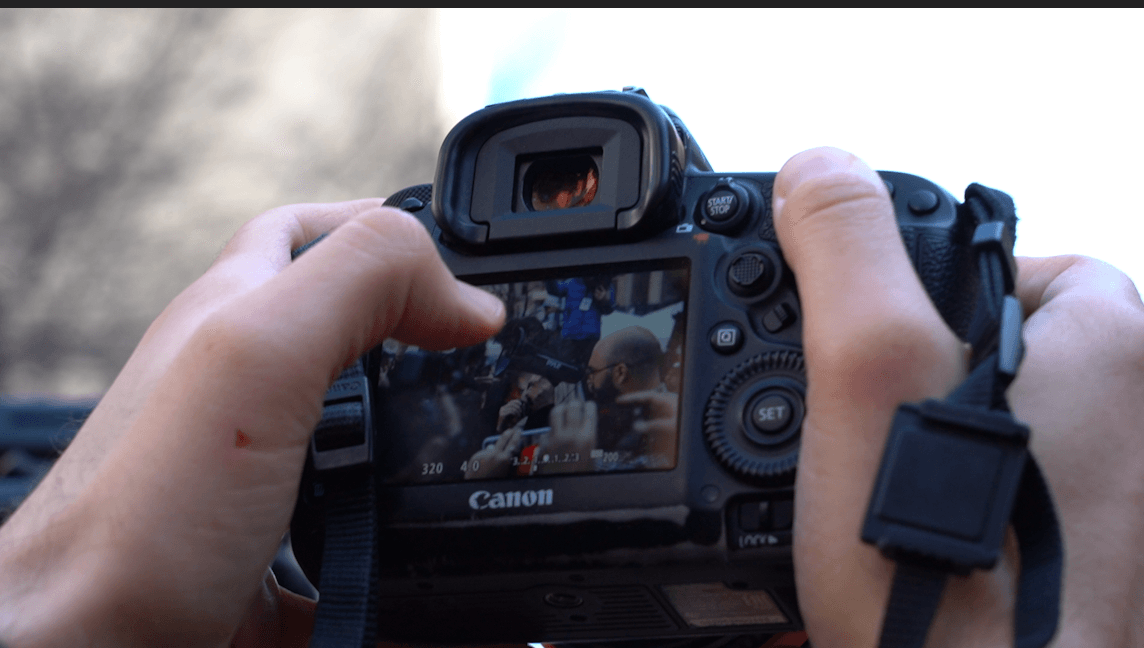
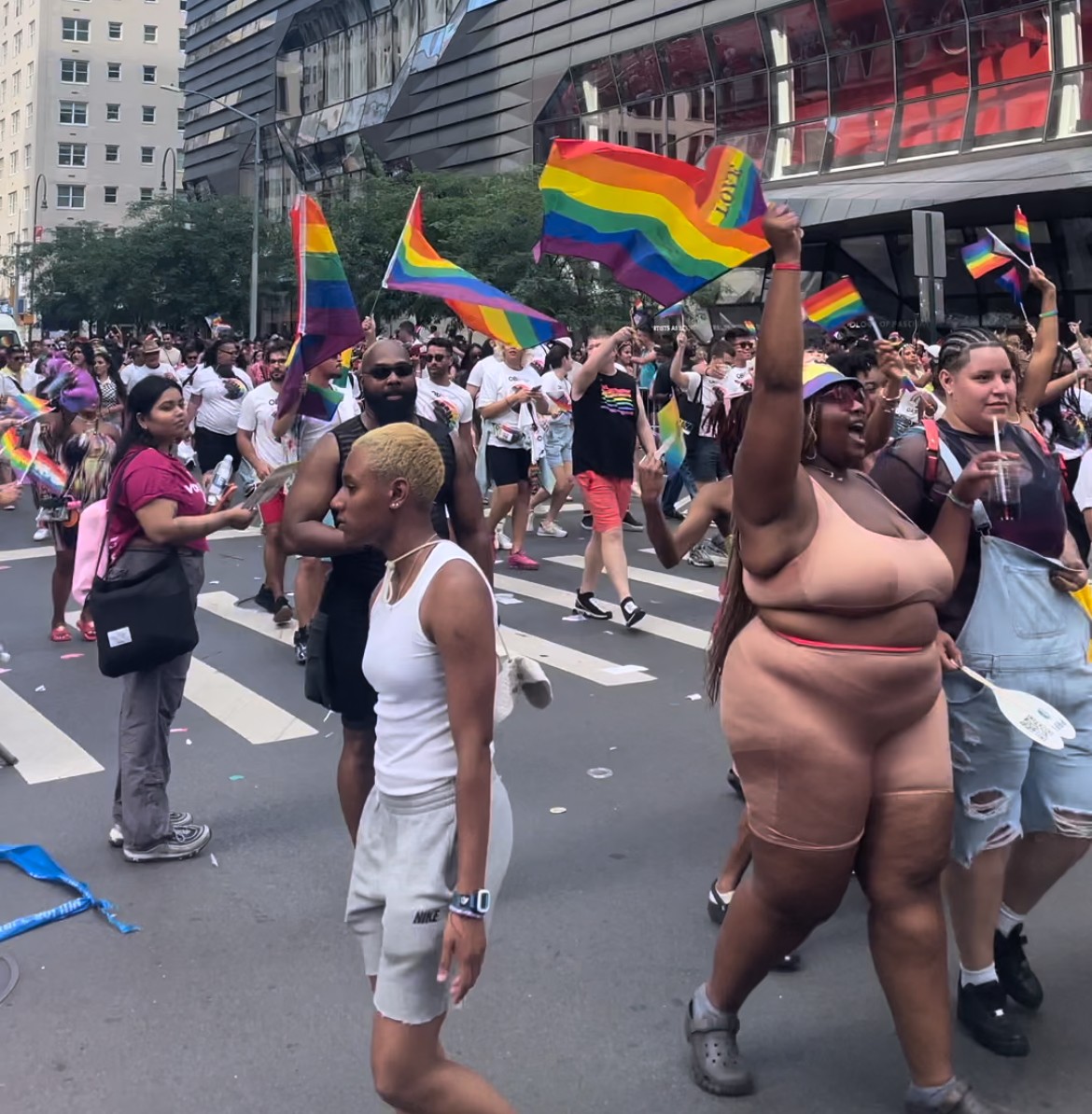
Julia, love having you share your insights with us. Before we ask you more questions, maybe you can take a moment to introduce yourself to our readers who might have missed our earlier conversations?
I’m Julia Saqui, a multimedia journalist and producer with over eight years of experience capturing stories that matter—whether it’s breaking news, political moments, or social movements. I got my start in journalism through a deep curiosity about how the world works and a commitment to telling stories with nuance, urgency, and empathy. My background in International Relations gave me a global perspective, while my Master’s in Journalism honed my reporting instincts and technical broadcasting skills.
I’ve worked in both broadcast and digital environments, contributing to coverage of major events including the 2019 UK General Election, the Queen’s funeral, and the 2024 Democratic National Convention. Most recently, I led the video desk for The Independent’s U.S. team, including producing short and long-form programming that reached millions.
I specialize in creating sharp, engaging, and visually impactful content. I understand the pressure of working on tight deadlines and complex stories—and I thrive in it. From filming and editing social-first video features to coordinating large-scale event coverage, I bring a mix of technical skills, editorial judgment, and strategic thinking.
What sets me apart is my ability to balance high-impact storytelling with data-driven content strategies. Whether it’s helping a message be seen by the right audience or elevating underreported stories through thoughtful reporting, I care deeply about reaching people where they are—and making them care too.
What I’m most proud of? A standout for me was working on The A-Word, a 2024 documentary that explores nuanced conversations around abortion in America. It was my first opportunity to produce a feature-length project, and it was a powerful experience to contribute to a story that resonates so deeply with the female experience. I also take pride in producing content that resonates with wide audiences—like the viral Trump-Harris debate edit I produced—which demonstrates that journalism can be both deeply informative and widely accessible.
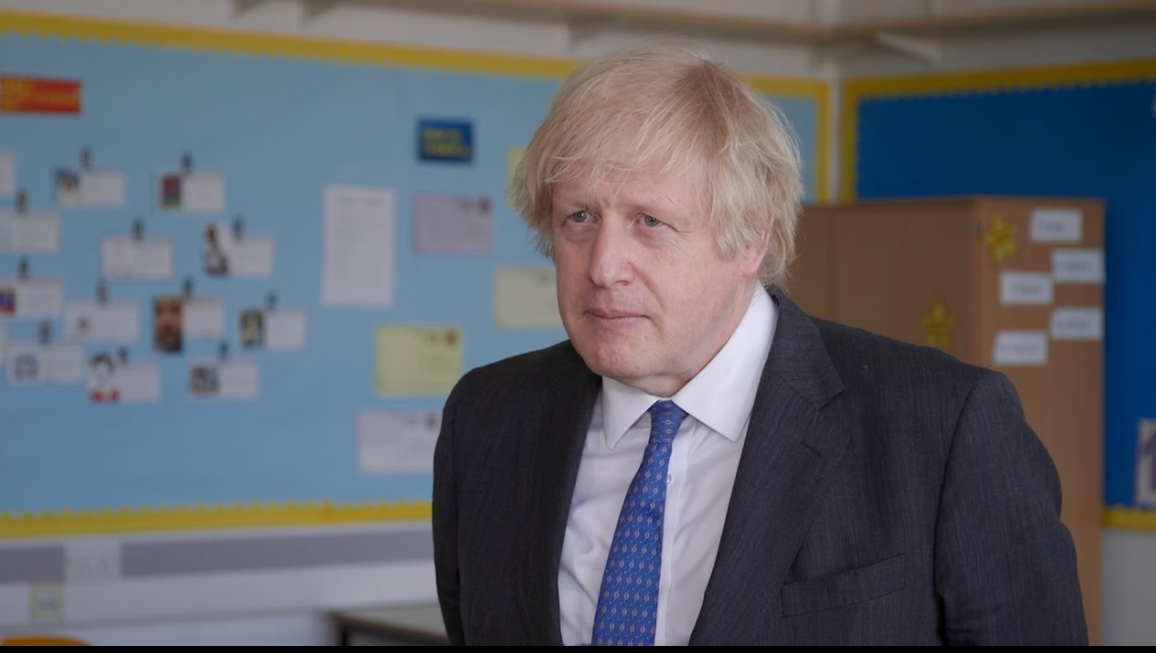
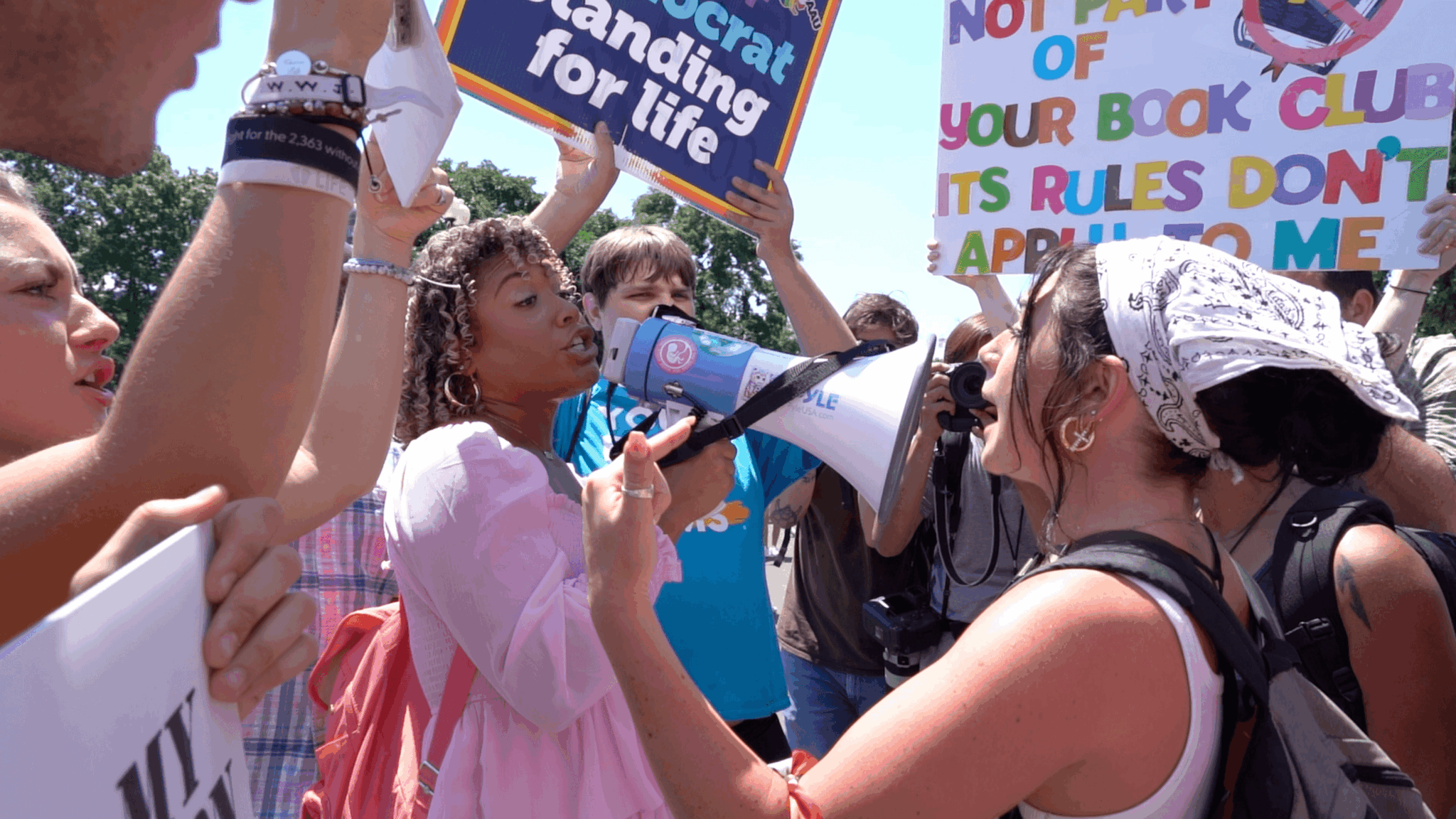
Any insights you can share with us about how you built up your social media presence?
The best way to build an audience on social media, from my experience, is consistency. It’s been said over and over, but having a message and then ideating new ways to get that across is the best way to cut through.
For us, building a TikTok and YouTube channel specifically around US news was about posting lots, every day.
These platforms reward you if you keep posting. The other thing is making sure your brand is visible or noticeable in each video. It might be a graphic, or tag line or sign off on everday video, that reminds the viewer who you are. It can be simple but its the most likely way you build brand recognition and get more people to subscribe.

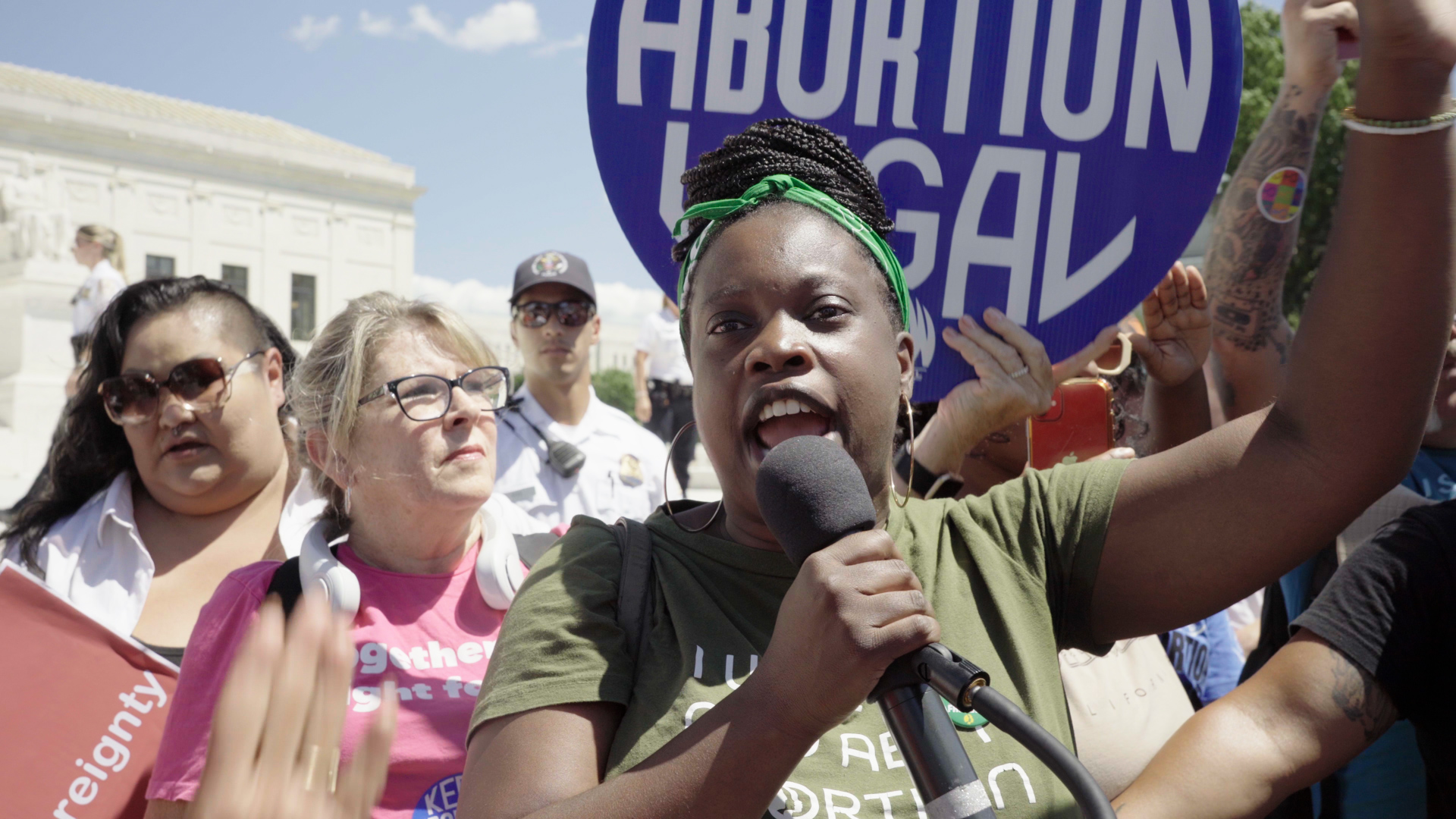
How do you keep your team’s morale high?
I think the key to managing a team is a number of things.
First, it’s making sure that each team member knows what the expectation of them is. Each hire brings with them the ideas and baggage from what came before, which will shape how they view the responsibilities of their new role. They might think they are executing work because that was the standard at their old company. Unless there is an open line of communication, you might think an employee can’t do the job, but instead they just dont know how to do it the way you, as a manager, require. So it’s key to make sure both manager and employee know the different between the old role and the new role, and fill in the gap constructively.
I also think treating employees like people is important. Each person is arriving at a work place having had a different career journey, family background, or just set of experiences that last weekend! This can be such a positive and bring new approaches and ideas to a creative workplace, but you need to foster an environment where people feel like they can bring those ideas forward.
Contact Info:
- Website: https://www.juliasaqui.com/
- Linkedin: https://www.linkedin.com/in/julia-saqui-3038ba108/
- Twitter: @JuliaSaq
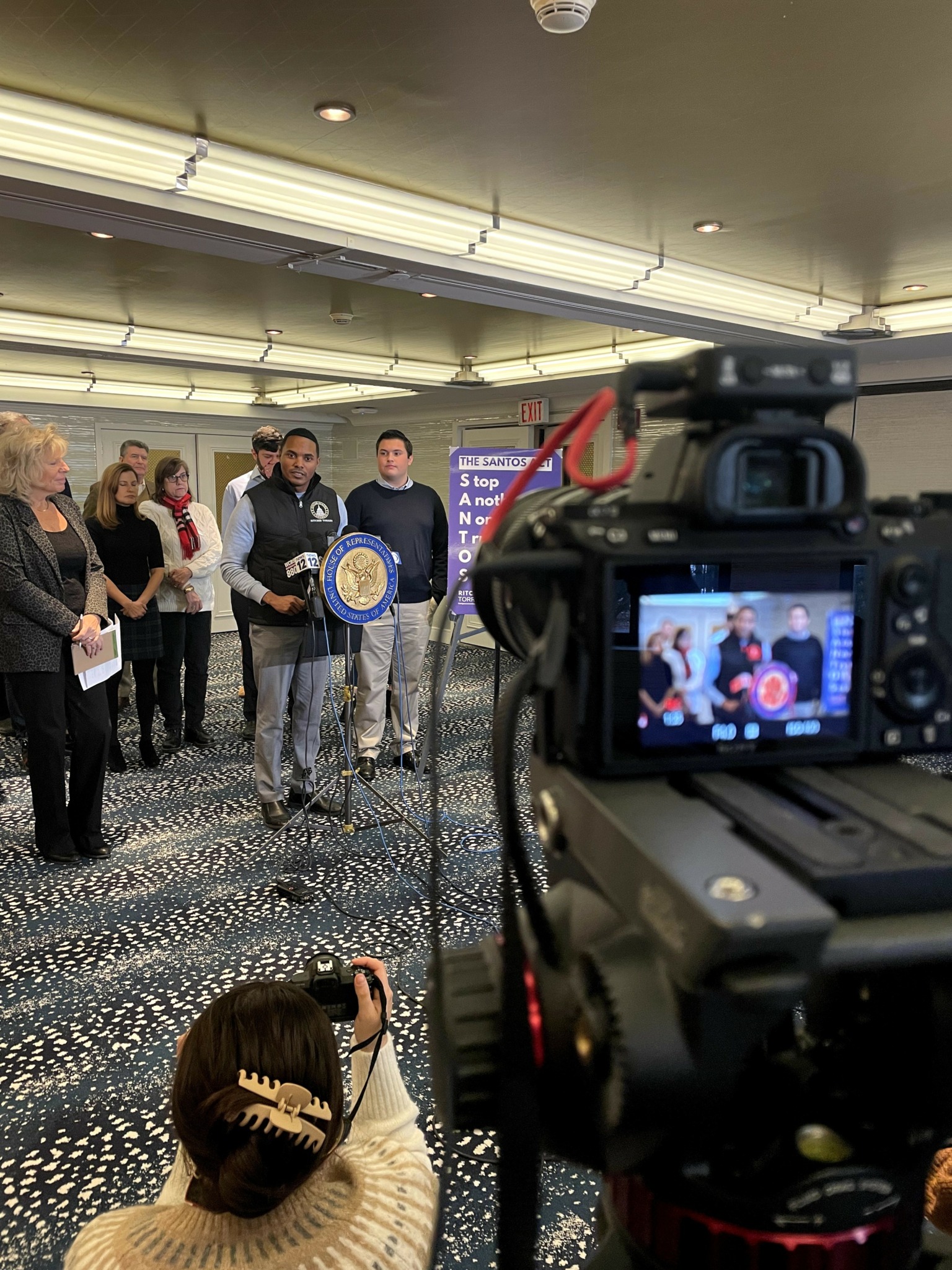
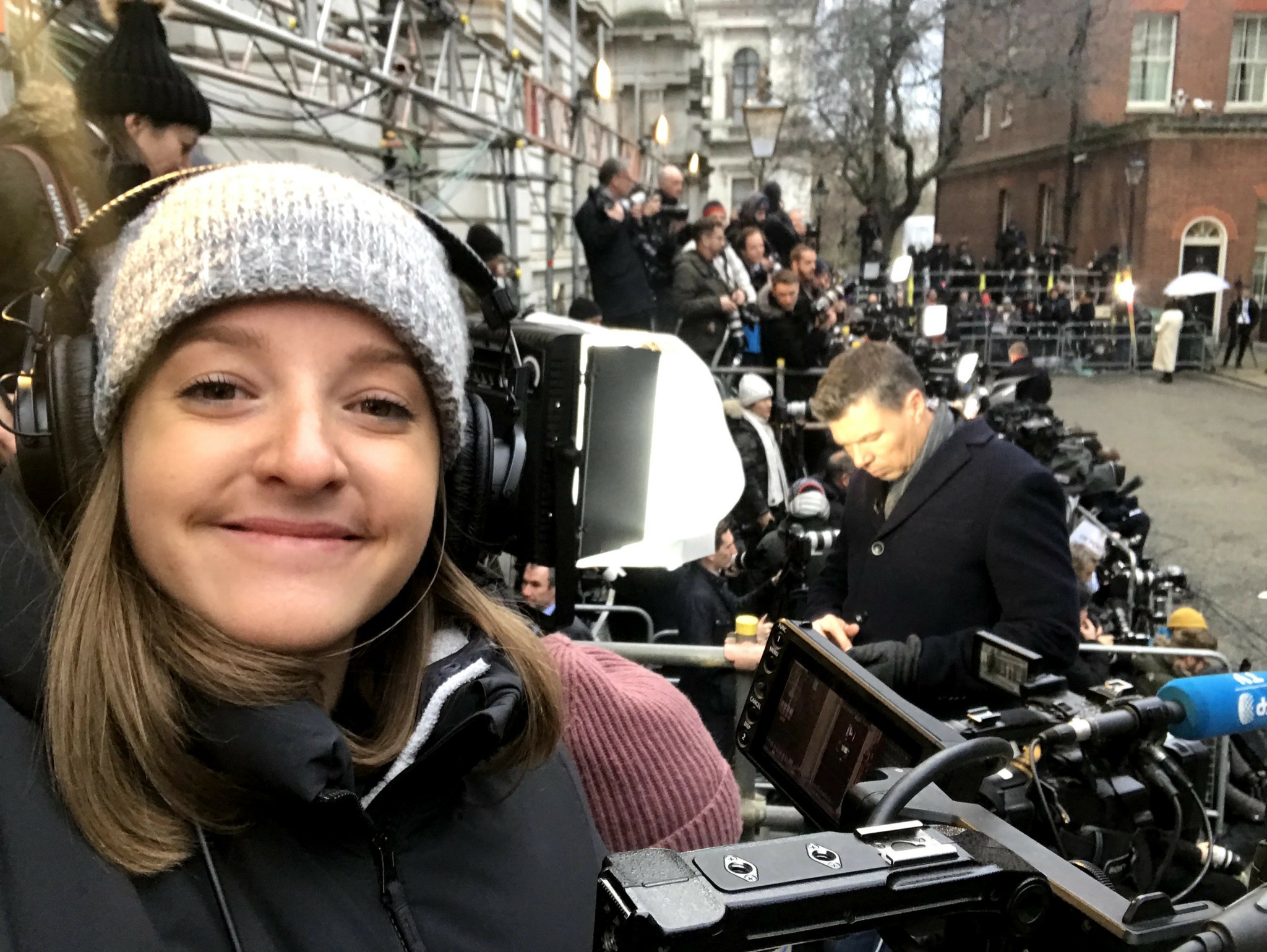
Image Credits
Julia Saqui / The Independent


